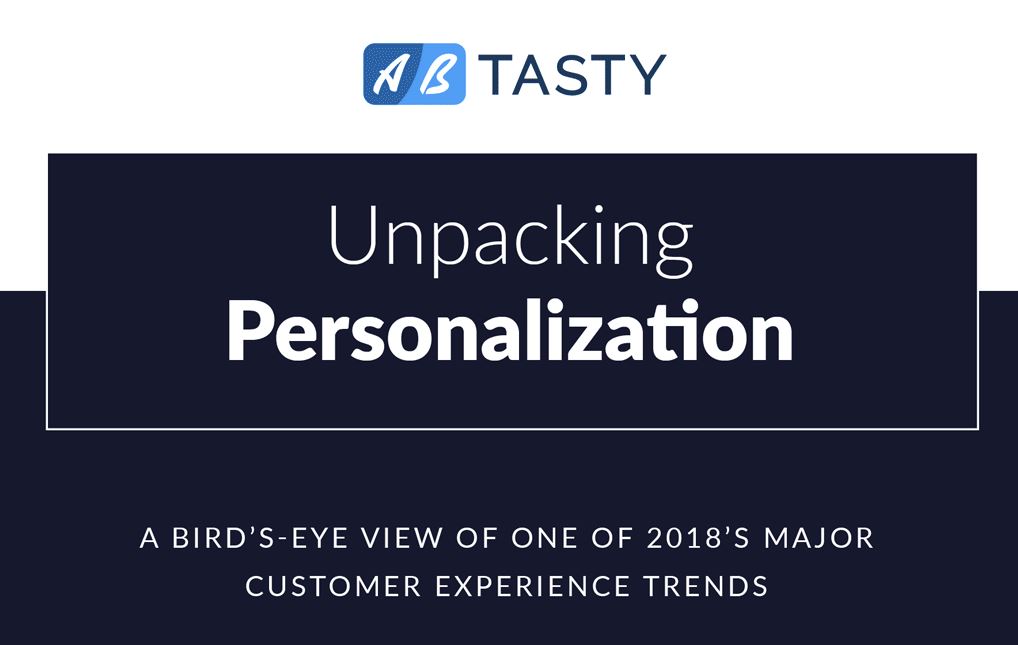Freelance marketing consulting is an exciting opportunity to work independently while helping clients achieve their business goals. However, managing every aspect — from campaigns to client relationships — can be challenging without the right tools.
Modern marketing consultants' success often hinges on how effectively they leverage technology to streamline operations and deliver results. Yet, with so many options available, knowing where to invest time and resources is key to working smarter and delivering exceptional value to clients.
Starting a Marketing Consulting Business
Freelance work is greatly increasing, with more professionals leaving traditional employment to enjoy the flexibility and autonomy of self-employment. Recent data shows that the number of freelancers in the United States has grown from 53 million in 2014 to 64 million in 2023. This growth shows a high demand for specialized skills as businesses seek experts who can provide solutions without the overhead of full-time hires.
For individuals considering starting their own marketing consulting business, one of the first decisions is choosing the right legal structure. Two of the most common options are limited liability companies (LLCs) and S corporations. Both offer liability protection, but there are key differences to consider.
For example, LLCs provide more flexibility, including fewer restrictions on ownership and subsidiaries. S corporations may offer tax advantages for certain businesses, and allow up to 100 shareholders. Knowing these distinctions is crucial to setting up a structure that helps meet the business’s goals and operational needs.
Beyond legalities, starting a consulting business involves careful planning. From identifying the niche and target audience to investing in the right tools, lay a strong foundation for long-term success. Plus, with the freelance market growing, now is the perfect time for individuals to establish themselves as a marketing leader who can meet today’s clients' needs.
Essential Tools for Freelance Marketing Consultants
Having the right tools can mean the difference between a chaotic and smooth workflow. The tools chosen can streamline operations while enabling freelancers to deliver high-quality results.
1. Project Management
Managing multiple projects and clients is a big feat, so having a handy project management tool is a must. These tools allow freelancers to break down projects into smaller tasks, assign deadlines and track real-time progress. For marketing consultants juggling numerous campaigns, these platforms ensure everything stays on task.
One such tool that is popular among freelance workers is Asana. This project management platform offers an easy user experience with powerful features like workflow automation and dependency management. It’s especially useful for tracking large-scale projects.
In comparison, Trello uses a visual Kanban-style board system that is perfect for consultants who prefer a straightforward, drag-and-drop task management approach. For those working with larger teams or multiple clients, Monday.com offers advanced features like timeline views, resource allocation and integrations with third-party tools.
2. Client Communication
Strong communication is the foundation of any successful client relationship. Therefore, freelance marketers need tools that keep the lines of communication open, clear and efficient. Communication platforms like Slack make staying in touch simple.
Slack is a favorite among freelancers for its flexibility in organizing conversations. With dedicated channels for each client or project, it’s easy to keep discussions organized and accessible. Slack also integrates with other tools, such as Google Drive and Trello. This feature makes workflows smoother and saves time.
For virtual meetings, Zoom remains the gold standard in offering reliable video conferencing with features like screen sharing and meeting recordings. Whether for a quick check-in or a detailed strategy session, Zoom ensures marketing experts can connect face-to-face with clients regardless of location.
3. Data Analytics
Data is king in marketing. It offers the vital information marketers need to succeed. Therefore, having the right analytics tools is key to tracking campaign performance and making adjustments. By analyzing user behavior and preferences, marketers can create personalized marketing strategies that relate to audiences. Approximately 54% of consumers prefer personalized advertising, so shaping strategies that build strong customer connections is crucial.
One must-have for tracking key metrics on website traffic is Google Analytics. It’s helpful for understanding how audiences interact with a client’s website and where optimization is necessary.
For more advanced visualizations and data storytelling, Tableau allows freelancers to create dashboards and share key insights with clients in an easily digestible way. Another important tool is HubSpot. This marketing analytics platform combines data tracking with customer relationship management (CRM), offering a deep dive into how marketing efforts drive leads and conversions.
4. Content Creation
Compelling, high-quality content is at the heart of successful marketing. From exquisite visuals to engaging copy, the tools used can make the content creation process faster, easier and more impactful.
Take Canva, for instance. This user-friendly option allows the creation of everything from social media posts to client presentations. Its drag-and-drop functionality and library of templates make it a favorite among marketers who need professional designs quickly.
Since copywriting is a critical aspect of content creation, tools like Grammarly help fine-tune tone, clarity and engagement level. Meanwhile, Jasper leverages generative AI to assist with brainstorming and drafting content. According to Hubspot, 45% of marketers are using AI to spark ideas and gain inspiration. Therefore, tools like Jasper are the top choice for streamlining the writing process.
Additionally, 89% of businesses are incorporating video into their marketing strategies. Tools like DaVinci Resolve or Final Cut Pro offer powerful editing capabilities. Video content continues to dominate online platforms, making it essential to have that support for professional video production.
5. Social Media Management
About 49% of marketing decision-makers use tools to automate social media and content management. Many marketers invest in social media management tools because they save time and guarantee consistency in publishing content.
Plus, social media alone can be time-consuming when managing multiple platforms, creating and posting content, and tracking performance. Luckily, social media management tools simplify this process by allowing users to plan, schedule and analyze content all in one place.
Hootsuite is a versatile option for managing different social media accounts. It offers advanced scheduling for messages and posts and in-depth analytics to measure engagement and ROI. It even has options to boost ads after publishing. Hootsuite can do practically anything marketers need to manage their social media.
Buffer is another great platform for creating and scheduling posts without all the extra features. It’s simple to implement and allows users to schedule posts through various social apps.
Many software solutions will even offer social listening features to track mentions and monitor brand sentiment. Depending on the level of social media management needed, it’s important to identify which platforms cater to the business needs.
6. Customer Relationship Management
Client relationships are the lifeline of a freelance marketing business. Fortunately, there are various tools to manage them, like Salesforce, HubSpot and Zoho CRM. These systems can help freelancers stay organized, track interactions and nurture leads effectively.
Salesforce is highly robust, offering features for managing large client portfolios. It provides advanced analytics and automation capabilities. However, it may be too powerful for those with smaller clients and budgets.
HubSpot’s CRM is a popular choice thanks to its easy-to-use interface and free-tier options, which include contact management, email tracking and basic automation. For an affordable, scalable solution, freelance marketers may opt for Zoho CRM, which integrates with other Zoho products. Therefore, it makes a great choice for those who need more flexibility.
These CRM systems do more than store client data — they help small businesses build stronger relationships. They exist to provide insights into client behavior and project progress. By using a CRM, business owners have centralized communication records so users are always prepared for client meetings and quick responses.
Increasing the Chances of Success in Freelance Marketing
With the right tools and technologies, freelance marketing consultants can flourish. Each tool enhances productivity, streamlines the day-to-day, and fosters professionalism. Explore the features of which tools are worth the investment. With the right setup, marketing leaders can take on more clients, scale their businesses and achieve long-term success.
Related Posts
Devin Partida writes about topics concerning tech and the internet. She is also the Editor-in-Chief of ReHack.com.







